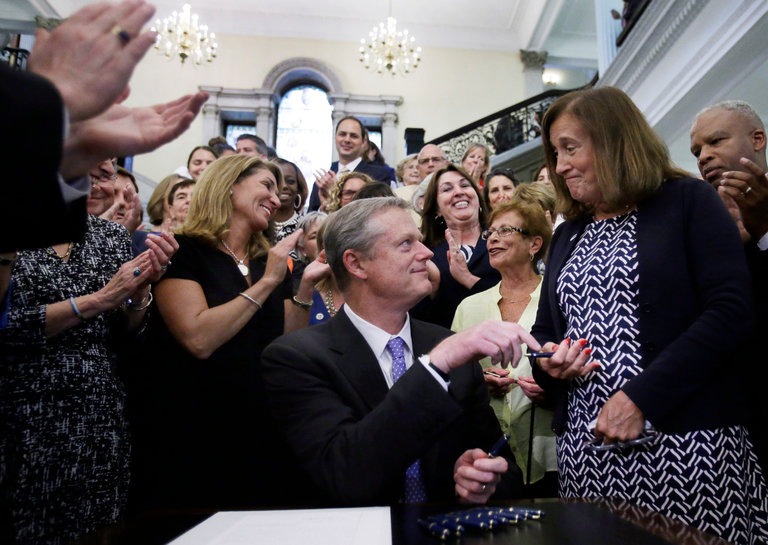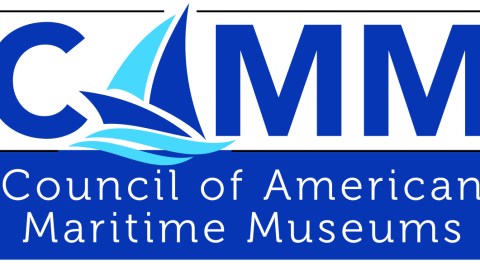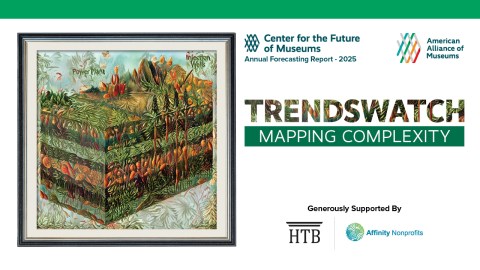
A few weeks ago I tweeted about a post by the estimable Vu Le in which he argued that “basing pay on salary history is a harmful, borderline-unethical practice that we need to abolish.” He points out that calibrating salary offers to pay history perpetuates pay inequity, punishes people who are willing to take a pay cut to work for a mission they believe in, and violates people’s privacy.
I want to draw your attention to that first point, in particular. A person’s first salary in the job market has been documented to have a lifetime effect on their earnings. That means people who start with a low salary for whatever reason: because they are women, are people of color, or even because they graduated in a recession,
 |
I was very happy that Vu tagged salary history as an ethics issue, but I assumed it was an early salvo in what will be a long, hard discussion about changing hiring practices.
So I was bowled over to see an article in The New York Times last week reporting that the Massachusetts state legislature has passed a law making it illegal for employers to ask about an applicant’s salary before offering them a job. How long before other states follow suit?
I recommend you read both Vu’s post and the NYTs article. They might would be great starting points for discussions in your museum over hiring practices, salaries and wage equity.
Monday musings are my way of sharing “brain blorts”: brief, off-the-cuff thoughts about something I have read recently, both to help clarify my thinking an in the hopes of generating discussion and response. I give myself a few minutes to jot down a summary of the article(s) stuck in my brain, and outline why I think they may be important. I hope you help me explore these issues in the comments section, below, or via social media @futureofmuseums.








